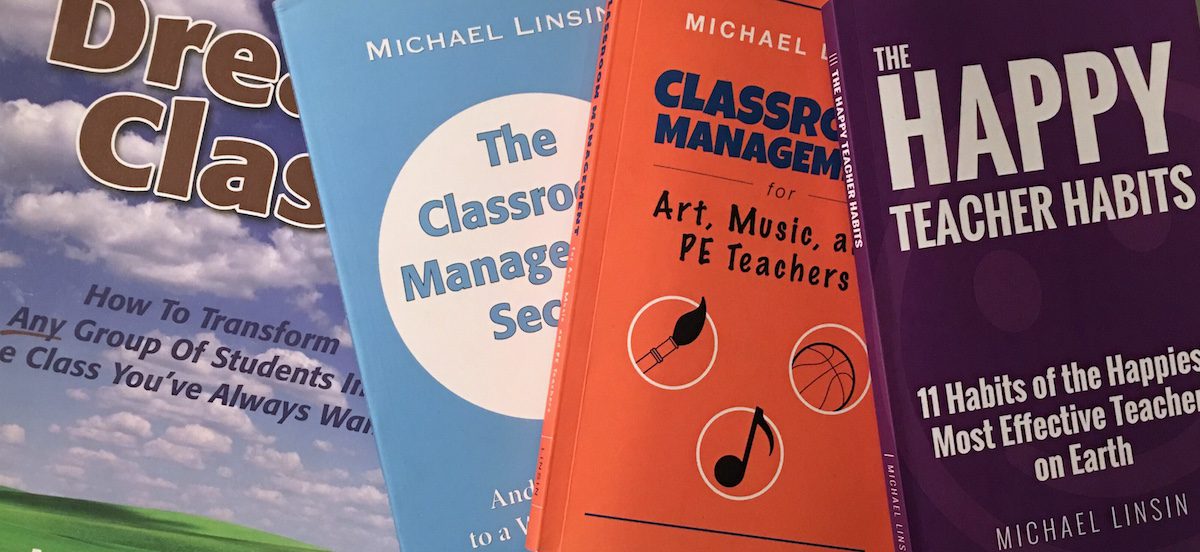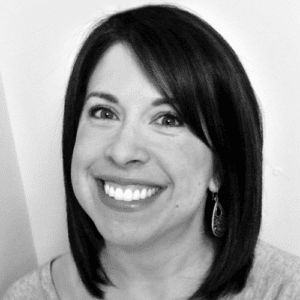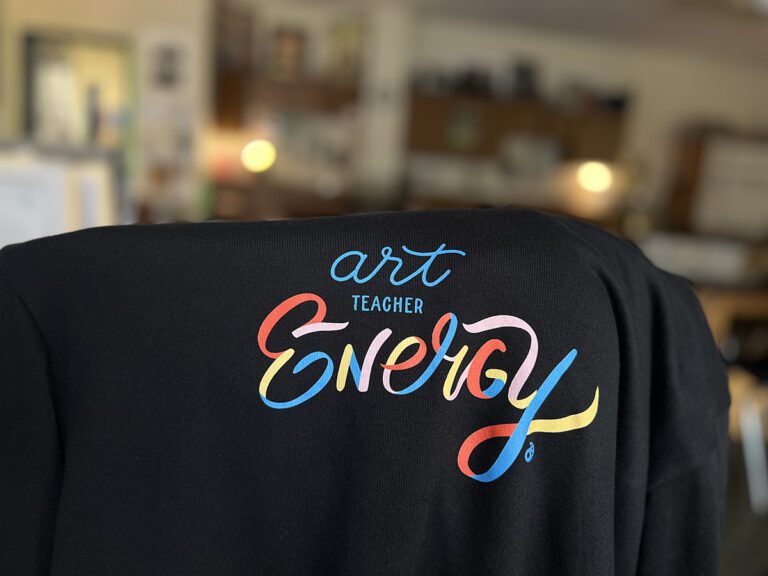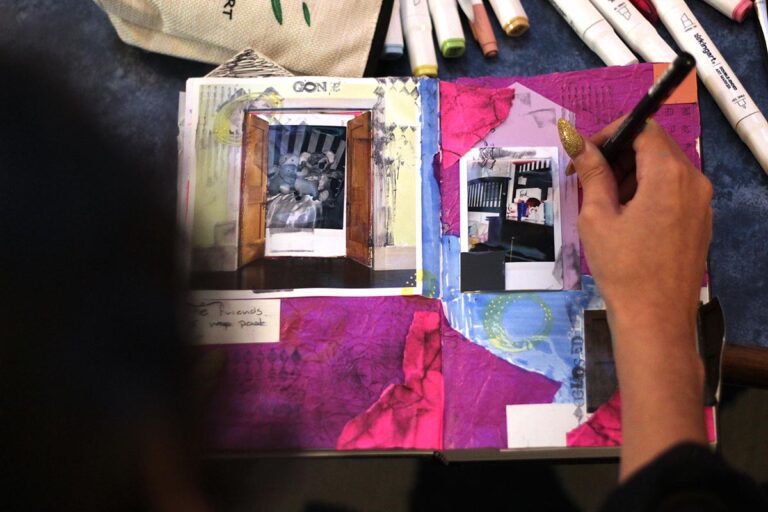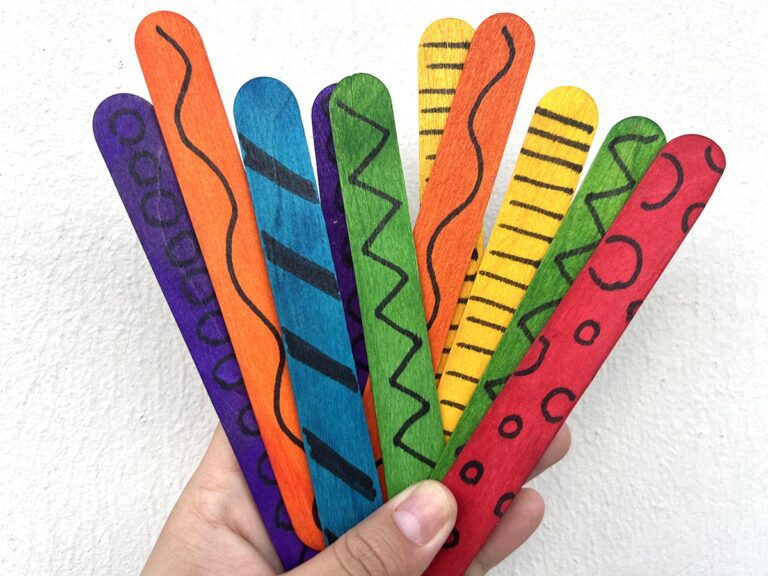This time of year always tests your sanity. No matter how consistent you are with routines or how effectively you deal with disruptions, student behavior near the end of the school year can be challenging for anyone.
When tough days like this hit, it can be hard to remember why you got into this job in the first place. We start to question our ability to teach, when in reality, there is only one thing we need to take into account: the effectiveness of our classroom management plan.
No one knows this better than classroom management guru Michael Linsin, which is why we’re so excited to announce him as one of the featured presenters for the Art Ed Now Summer 2016 Online Conference!

In case you don’t know, Michael literally wrote the book on Classroom Management. In fact, he’s written four, including our favorite, Classroom Management for Art, Music, and PE Teachers.
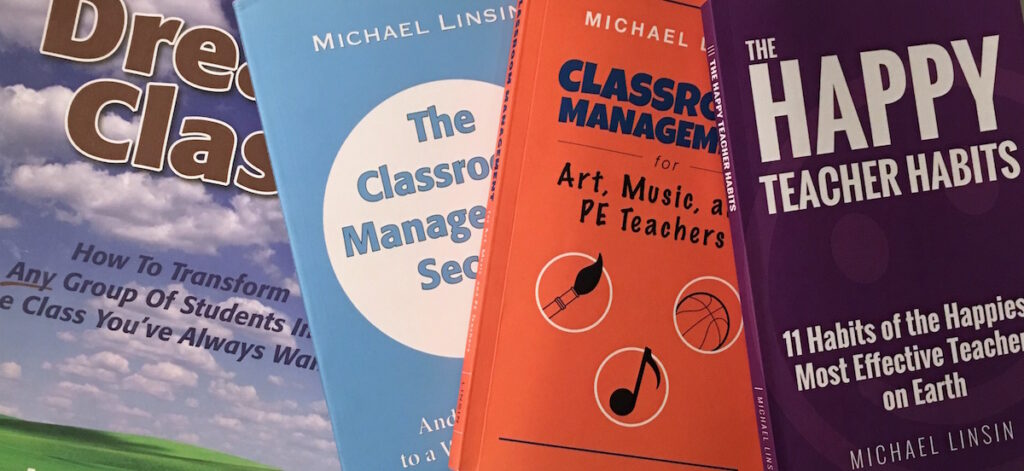
Michael also authors the most popular classroom management blog on the web, Smart Classroom Management, which is a treasure trove of tips and tricks you can use in your classroom.
We’re thrilled that Michael will be sharing his 5 Keys To Effective Classroom Management For Art Teachers during Art Ed Now.
That’s right! Michael will be speaking about his favorite tips JUST for art teachers on July 14!
Learn from Michael as he reveals proven strategies to transform even the most difficult groups of students in your art room. His presentation will leave you feeling confident and prepared with new strategies to support highly-effective teaching and a peaceful learning environment. Click here to learn more about Art Ed Now and your chance to claim an anticipated SWAG box of art supplies and materials delivered right to your door!
Get a strong handle on a clear classroom management plan before the next school year starts! We hope you join us!
What’s the best piece of advice you can give an art teacher who is struggling with classroom management?
What part of your classroom management do you want to refine before next fall?
Magazine articles and podcasts are opinions of professional education contributors and do not necessarily represent the position of the Art of Education University (AOEU) or its academic offerings. Contributors use terms in the way they are most often talked about in the scope of their educational experiences.
